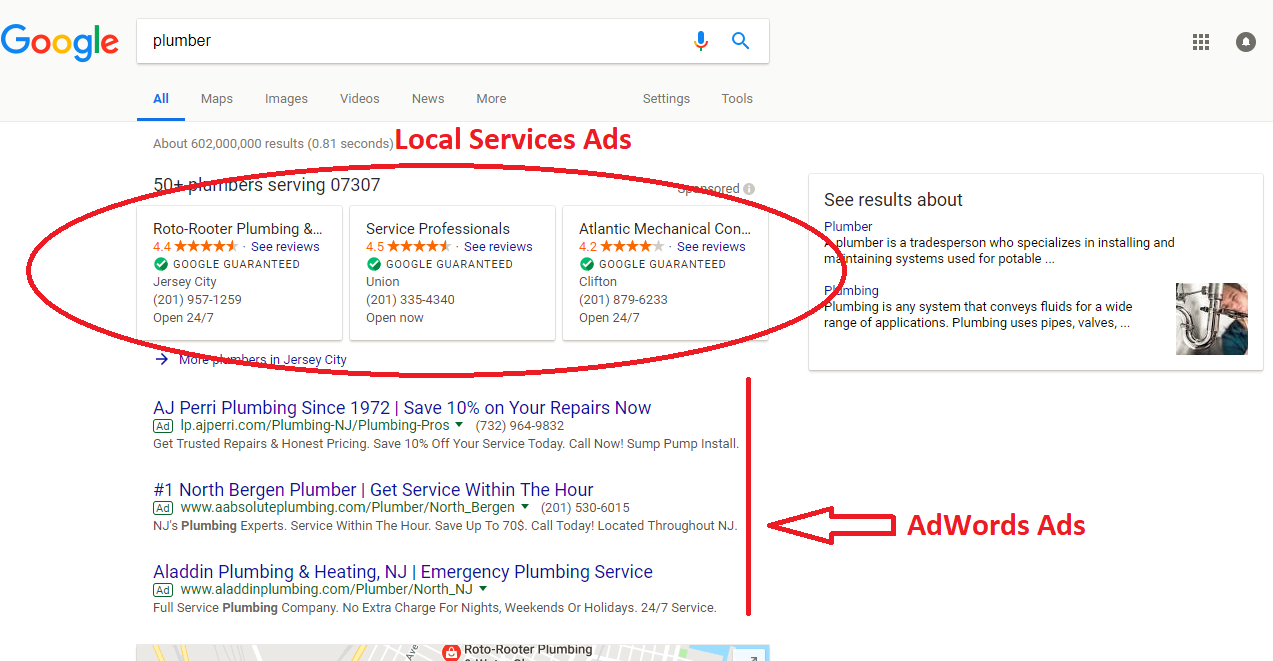So, your business is ranking pretty well in your hometown.
But what if you want to get more jobs in the next town over? Or maybe you want to expand into a different state entirely?
No problem. Prospect Genius has a handful of cost-effective strategies to help you target a new service area without going over budget.
Of course, the strategy we prescribe will depend on how far away your second address is. Thankfully, we’ve had lots of success solving this problem for clients and business owners of all kinds.
Keep reading to hear about some real-life cases in which we’ve helped business owners expand into new service areas and multiply their customer bases.
Reaching From Coast to Coast
We have one client who owns a nationwide answering service. Thanks to today’s technology, they’re able to provide virtual reception and remote answering services from anywhere, which means they can support clients in every corner of the country. As a result, we’ve had to think outside the box in our approach to their online marketing.
After evaluating the upfront costs and returns of PPC and similar paid campaigns, we determined that creating a few local SEO campaigns in different regions would be the most cost-effective route. So, our client acquired legitimate local addresses in these regions, and away we went.
We successfully marketed this client in three separate regions of the country using a combination of content writing, Google Maps optimization, and local directory optimization.
Expanding Regionally
We also worked with a client who was located in one area of New York’s Capital District and wanted to target a town 20-ish miles north. Unfortunately, this second town was just beyond the radius that makes for effective, local SEO.
So, for this client, we got creative. Ultimately, we saw a good deal of success when they set up a new, related business in their desired town. Then we launched an all-new website and local SEO campaign for this new business. However, this required having a legitimate second address, so the viability of this strategy may vary.
However, when it works, it really works. Another client successfully used this strategy and now has four or five separate websites and businesses across Long Island!
Hopping to a Nearby Town
We recently dealt with a client who was getting lots of jobs near their home base and wanted to start reaching more customers a few towns away.
Since the distance between the two locations was minimal, and they were within the recommended SEO radius, we were able to implement a strategy using their current website, which already contained specific language about the general locale. Our strategy involved a combination of directory optimization and Google Maps optimization, laser-focusing those campaigns on the client’s desired town.
For another client in a similar situation, we launched a straightforward paid ad campaign, instead, because it made sense for their budget. We did this on Google AdWords and Facebook Ads, basing our target audience on our client’s desired new location.
Building Your Own Strategy
As you can see from the above examples, the possibilities for expanding to a new territory are pretty open-ended. And the best part is, your strategy can be totally customized.
We’ll work with you to assemble the perfect combination of tactics that won’t send you over budget. Together, we’ll create a cost-effective, well-rounded approach that helps you successfully target your desired location(s).
So, whether you want calls from 20 miles away or 200, let’s chat! We’re confident we have a solution that’ll be an awesome plan of attack for you.



